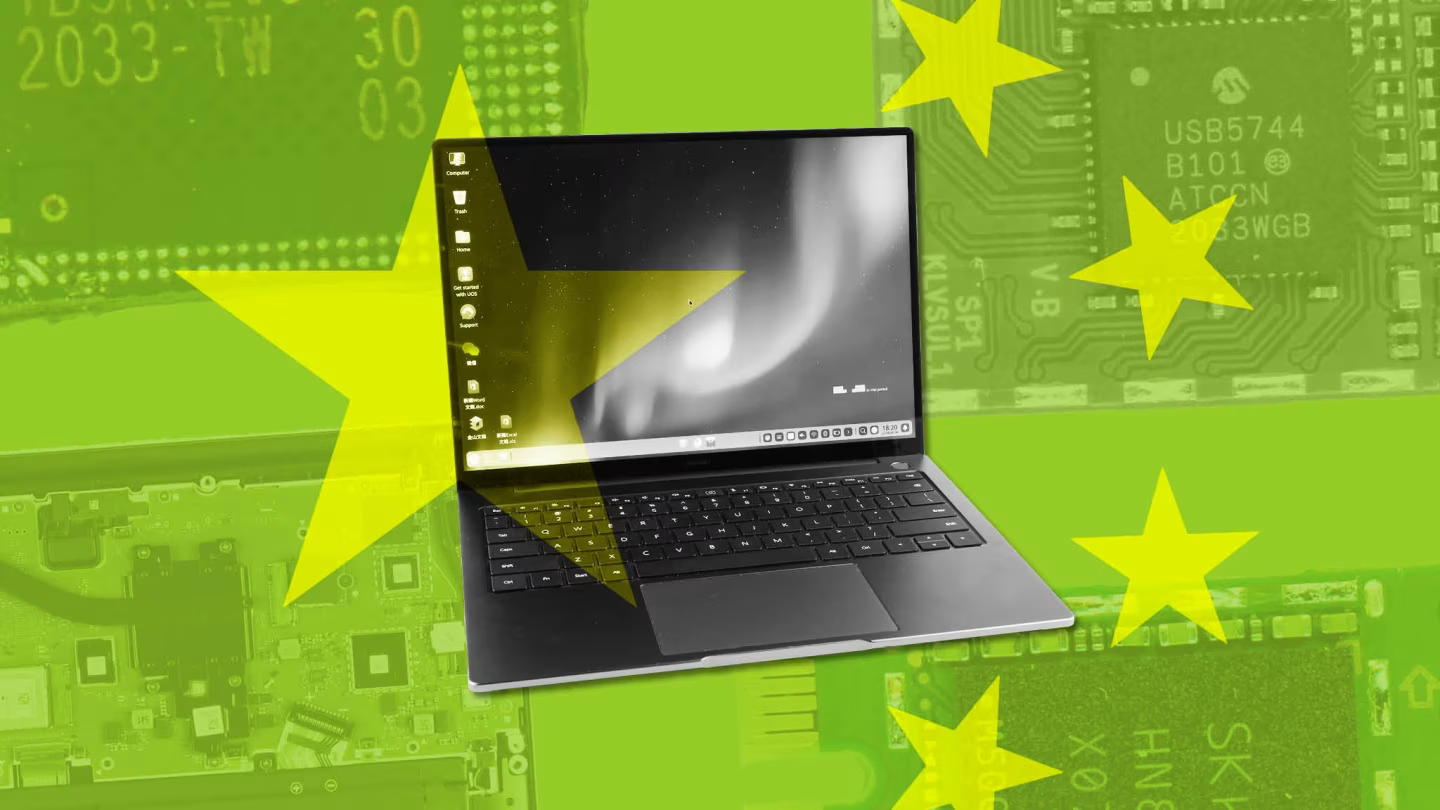Technology
This is the official technology community of Lemmy.ml for all news related to creation and use of technology, and to facilitate civil, meaningful discussion around it.
Ask in DM before posting product reviews or ads. All such posts otherwise are subject to removal.
Rules:
1: All Lemmy rules apply
2: Do not post low effort posts
3: NEVER post naziped*gore stuff
4: Always post article URLs or their archived version URLs as sources, NOT screenshots. Help the blind users.
5: personal rants of Big Tech CEOs like Elon Musk are unwelcome (does not include posts about their companies affecting wide range of people)
6: no advertisement posts unless verified as legitimate and non-exploitative/non-consumerist
7: crypto related posts, unless essential, are disallowed
view the rest of the comments

I'm no lawyer. I don't know if GNU/Linux is subject to the U.S export regulations.
It has nothing to do with the US, so presumably, no.
IANAL, but current case law indicates source code is considered protected speech https://en.wikipedia.org/wiki/Bernstein_v._United_States
I assumed that Linux was not really under the control of the US, but I guess the Foundation is incoporated in the US as a 501(c)(6) and the kernel org itself is a 501(c)(3), so that does give Congress more levers on the kernel than I expected.
Not to mention that most (all?) of the major corporate funders of the kernel are US-based...
I really hope the kernel doesnt get (geo)politicized.
Edit: based on @RobotToaster's link, yeah it looks like every major "employer" contributor to the kernel other than Huawei, Linaro, Arm, and Suse are American. Arm is probably working mostly on support for its architecture, so I guess it's Linaro (UK) and Suse(DE).
That's not to downplay the role of independent contributors, but it seems like a good indicator of the "power of the purse strings".
Edit 2: here's a more recent set of development statistics from LWN. Looks like the ordering has changed quite a bit since 2022, or it varies a lot with each kernel version